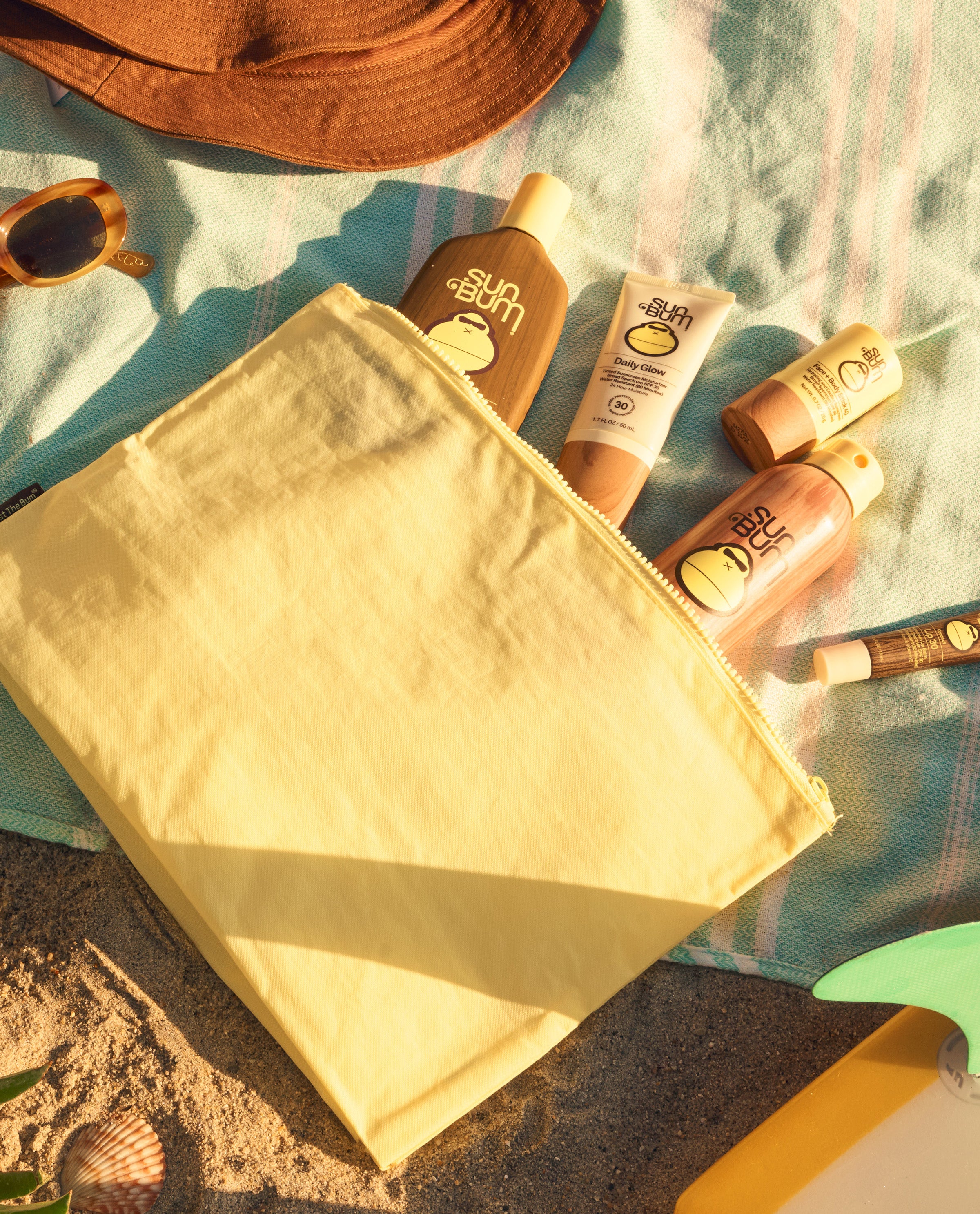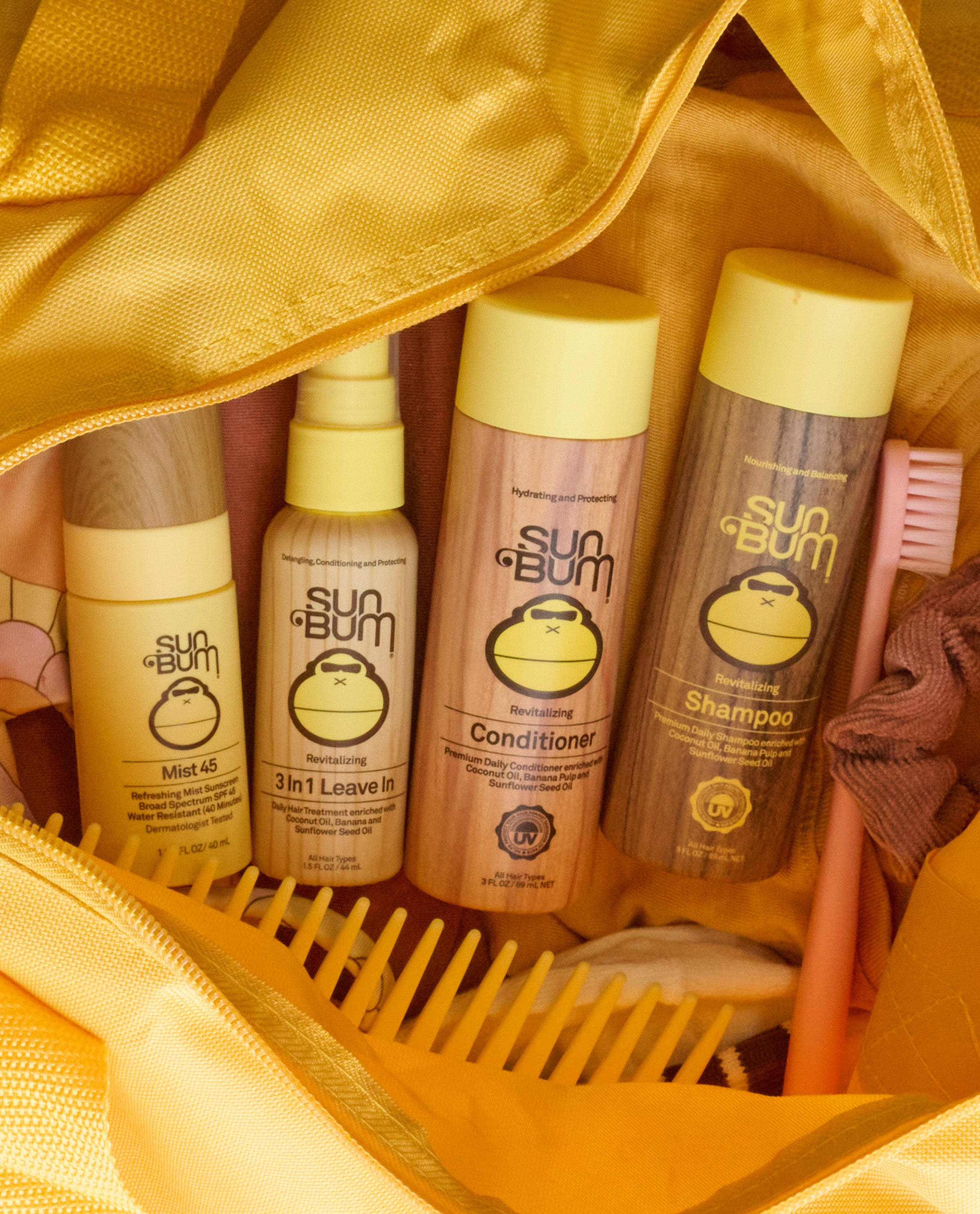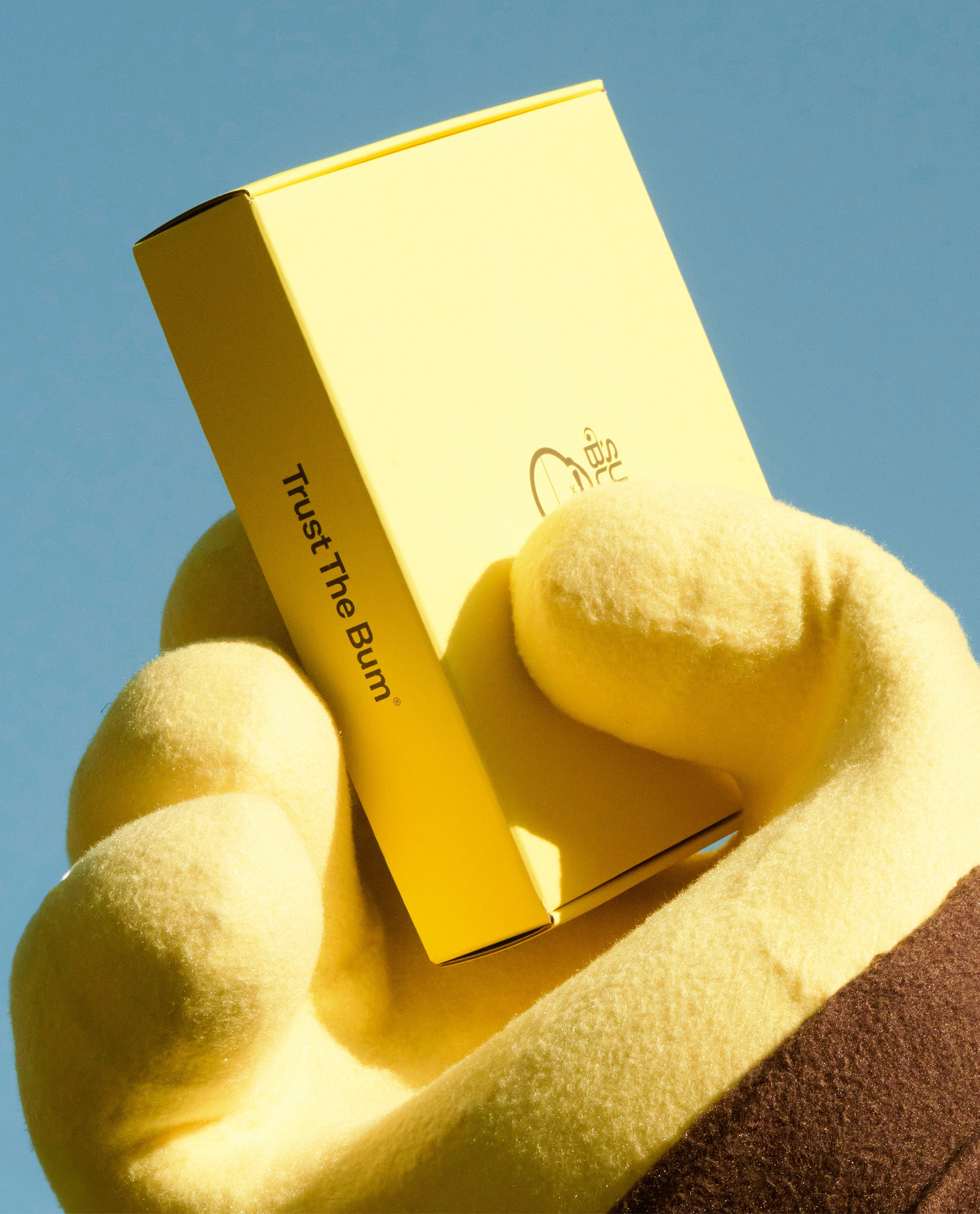Does Sunscreen Go on Before or After Moisturizer?
You have your skin care routine on lock. Then, every summer, you ask yourself the same question: does my sunscreen go on before or after my moisturizer? The answer isn’t as simple as you think. Read on for how to keep your skin care routine in check AND protected from the harmful effects of the sun.
What Goes on First: Moisturizer or Sunscreen?
The easiest answer to this question is: it depends. While there isn’t universal consensus among dermatologists that applying certain types of sunscreen is best before your moisturizer: the majority recommend the following:
- If you prefer non-mineral sunscreens, it’s best to apply before your moisturizer since these formulas absorb the sun’s harmful UV rays.
- If you prefer mineral sunscreens, you should apply after your moisturizer since they shield your skin from the sun’s harmful UV rays.
What Is the Difference Between Moisturizer and Sunscreen?
Moisturizers and sunscreens serve two very different purposes. Moisturizers serve as your skin’s “hydration shield” and help prevent the development of dull and oily skin. Sunscreen’s primary purpose is to help protect your skin from the harmful effects of the sun’s UV radiation. While they serve two different functions, it’s critical to incorporate both into your daily skin care routine. To help eliminate steps, we’re seeing more and more “moisturizers with SPF” designed for daily usage.
Can You Mix Sunscreen and Moisturizer?
While there are products specifically designed to both moisturize your skin and protect it from the sun’s harmful UV rays, we don’t recommend making your own homemade batch. Creating a “Frankenstein” concoction featuring your favorite moisturizer and your favorite sunscreen will result in a new, untested formula that may affect its efficacy in protecting you from the sun — something that’s not worth the risk. But if you are determined to turn two steps into one, there are plenty of daily sunscreen/moisturizers on the market that effectively serve both purposes.
How Long Should You Wait to Apply Sunscreen After Moisturizer?
In order to avoid “mixing,” it’s a good idea to wait 20 minutes to let your moisturizer fully absorb before applying a mineral layer of sunscreen on your face. At the same time, wait another 20 minutes before sun exposure to ensure the product is dry and ready to work its magic.
Mineral Sunscreen vs. Non-Mineral Sunscreen
Sunscreens fall into two camps, primarily based on their core active ingredients:
- Mineral sunscreens, which protect the skin’s surface by reflecting the sun’s rays.
- Non-Mineral sunscreens, which protect the skin by absorbing the sun’s harmful rays.
In some cases, sunscreens combine both types of active ingredients (mineral and non-mineral) to help receive the benefits of both.
FAQs About Sunscreen or Moisturizer First
Does Sunscreen Go on Before or After Makeup?
There is not a universal consensus on this, but most dermatologists will advocate applying non-mineral sunscreens before your moisturizer, while mineral sunscreens should be applied after your moisturizer. This is because the active ingredients in mineral vs. non-mineral sunscreen protect your skin from the harmful effects of the sun in different ways. Non-mineral absorbs the sun’s harmful rays, while mineral acts as a protective layer from the sun’s UV radiation.
Can You Sleep With Moisturizer and Sunscreen?
The biggest reason why it’s not recommended to sleep with moisturizer/sunscreen on your face is because it’s not designed for nighttime repair and regeneration. Using SPF/Moisturizers as your 24-hour skin-care solution also increases the risk of irritated skin and breakouts. Not only do SPF actives have the potential to clog pores if not washed off at the end of the day, SPF/Moisturizers may not provide the level of hydration you need during that critical eight-hour beauty rest.
Why Does Sunscreen Pill After Moisturizer?
In short, sunscreen pills most often due to misuse. To avoid clumping and flaking, be sure to not mix water-based and oil-based products. Other pill-factors include over-application or applying your skin care products in the wrong order (i.e. your moisturizer on top of your mineral sunscreen).




















